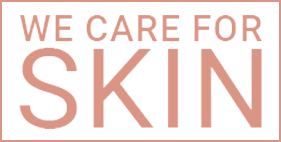Acne is a skin condition most common with teenagers, when hormonal changes occur and the adolescent entering puberty experiences physiological changes.
This condition starts with formation of pimples on the skin, due to the hyperactivity of the oil producing glands in the skin and the hair openings of the face are covered by oil layers at microscopic level and thus the inflammation of the pores occur.
Acne formation can be caused by genetic predisposition and some other potential factors but it is a fairly common occurrence.
Acne may also occur among adults and this is most often due to hormonal imbalances, hyperactive oil glands or a reaction to harsh chemical ingredients or cosmetics.
Some Triggers and Myths about Acne:
Some studies show that a high carb diet such as potatoes, bread etc. can affect the severity of acne. Check out these superfoods you want in your pantry to help prevent acne.
Although it is not caused by psychological stress but if a person gets too stressed about his or her acne it can affect one’s mental well-being.
Hormonal changes are one of the prime factors that cause acne.
Certain cosmetics, abrasive soaps and oily non-comedogenic creams may irritate the skin and cause acne.
Acne might be common but it can really affect one’s mental and emotional well-being if left untreated. Below are some helpful tips and tricks on how to prevent acne and treat it for good.
How to prevent acne
Luckily there are some regimens advised by skin experts, by following them, it can help lessen the intensity of acne and eventually get rid of it. The following are a few ways for curing acne:
1. Hydrate your Skin:
Oil-free moisturizers are used to keep your skin hydrated and healthy. We advise you to use organic-based moisturizers that don’t have any toxins, fragrances, harsh or artificial ingredients that can potentially trigger oil formation and irritate the skin .
Hydrating your skin will help to prevent overproduction of oil, and in turn will help lessen inflammation and clogging of pores which result in pimples/acne.
Drinking lots of water also help hydrate the skin internally and externally.
2. Lessen Sun Exposure:
A lot of sun exposure can make the skin dry internally, thus the moisture balance is disturbed and the oil-producing cells becomes hyperactive and in turn might promote acne. It is important to protect your skin by covering it up with hats/umbrellas and religiously using sunscreen to protect your skin for harmful UV radiation.
3. Antibiotics
Using proper antibiotics advised by your doctor can help reduce bacterial activity in the skin which can cause inflammation.
4. Re-asses your cosmetics:
While you want to get rid of acne, we advise you to look closely at the cosmetic products you are using to avoid acne.
Always try to stick to the mild, oil-free and non-comedogenic products. Avoid greasy ingredients and cosmetics containing heavy metals like carbon and cobalt-based products which may cause skin complications.
5. Avoid touching your face:
We all know that our hands easily attract germs and bacteria, so it is recommended to avoid touching your face as much you can if you are dealing with acne. This will prevent bacterial contamination. Always keep your hands clean by washing them regularly.
6.Manage Your Stress:
Stress can affect your physical and emotional well-being so it is always best to find a way to manage it and deal with it in a healthy manner. Exercise, meditation, and therapy are different ways to deal with stress and your mental well-being.
7.Use Anti-Acne Medication:
OTC treatment (over-the-counter) can be helpful in treating pimples. In order to avoid side effects, it is always best to consult your doctor. Reading the safety guidelines from the medication leaflet also helps. Keep in mind that it is always best to consult with a licensed dermatologist when the symptoms still persist.
Preventing acne means also avoiding the nasty souvenir it leaves behind – dark spots! Read more about dark spots here.
***Article submitted by pinkoolaid.com


